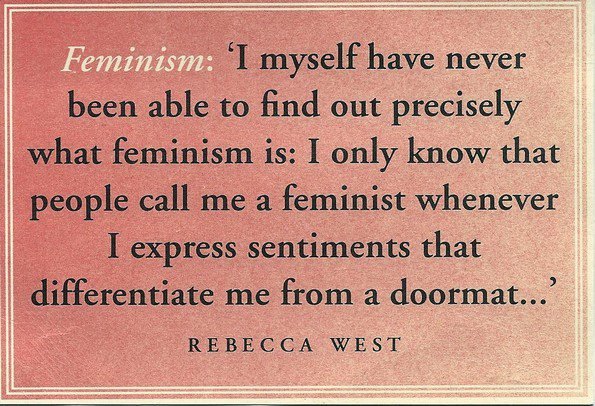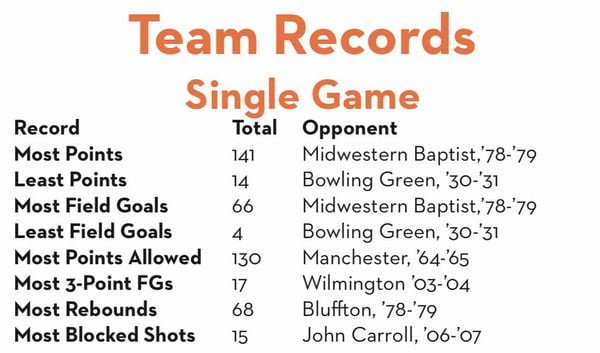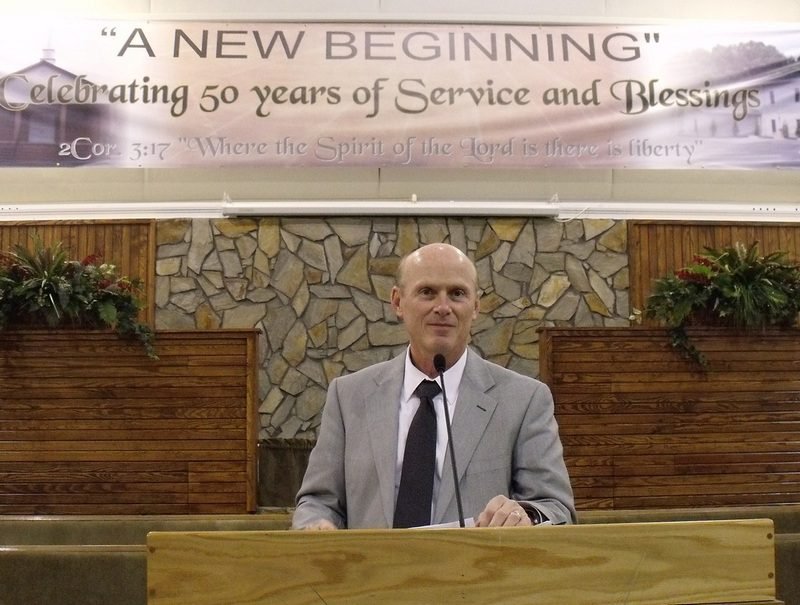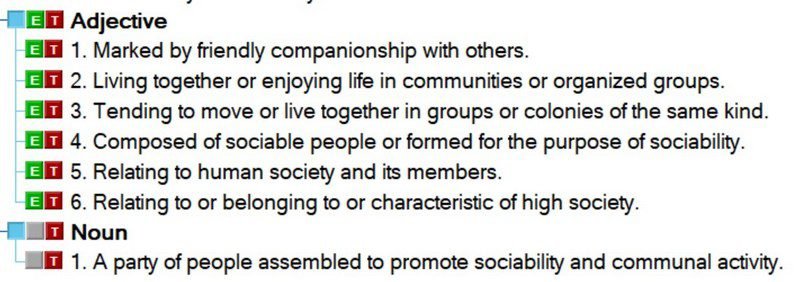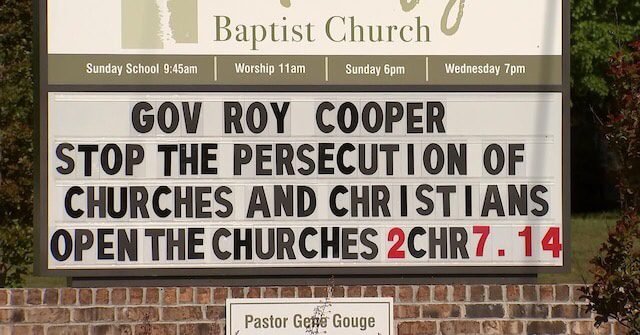
Rarely does a week go by that Lori Alexander, the operator of the Transformed Wife blog, doesn’t dispense bad marital advice to her devoted patriarchal followers. Sometimes, Alexander tasks one of her supporters to give the sermon, as was the case yesterday when Celina Eve vomited up her advice for new wives.
1. Never say no to sex. It’s the glue that will bond you together through thick and thin. Even on the days where you’re not into it, put your husband’s needs above your own. You’ll be glad you did in the long run.
2. Take a humble place in your marriage and submit to your husband’s headship. Discuss things once and then then let him have the final say. Respect him. Build him up to others. Never tear him down. Be sweet towards him and hold your tongue. Pray daily for him and don’t argue with him.
3. Keep a clean and tidy home and stay on top of your housework daily. Even after little ones come, make it your habit that when you go to bed that the dishwasher is running, the floors are mopped, the counters are cleaned and the washer and dryer are running. Load your coffee maker the night before. (I have six children and four of them are under the age of six and I still do this daily. It feels wonderful to wake up to a sparkling clean home every morning!)
4. Keep a vegetable garden. Plant fruit trees if you can. Keep backups of everything in your home for your family’s needs; look and think ahead. Look well to the ways of your household.
5. Be loving and kind to your parents and in laws but don’t let them dictate anything regarding your marriage or your family. Never run to them when you have marriage troubles. Never vent to anyone about your marriage, ever.
6. Find an older godly woman who has a biblically healthy marriage and has raised a family. You’ll need a living example as a young wife yourself.
Certainly, many of us would agree with some of the advice dished out by Celina Eve. However, mixed within the good we find anti-woman patriarchal ideology. Celina Eve, as does Lori Alexander, believes women are weaker vessels, in need of protection by men — be it their fathers, pastors, or husbands. Unmarried women are expected to learn to be housekeepers, seamstresses, cooks, and baby breeders. Attending college or working outside of the home is NEVER an option. Wives are to set their sights on pleasing their husbands in every way possible. That’s why virtually every one of these kinds of posts begins by reminding women that they are to give their husbands sex whenever, wherever, and however HE wants it. Day or night, sick or not, wives are expected to lie back, spread their legs, and let their husbands plow them for five minutes or drop to their knees and suck their dicks. Mission Accomplished! Praise Jesus!
Celina Eve reminds wives to be sweet as fresh cherry pie on a summer day. Always be sweet to your husband. Never argue with him. Let him have his way — always. Why? Because he is the head of the home. He has God-given authority over his wife and children. End of ALL discussions.
Are you married to an asshole or a judgmental prick? Show him respect, even if he doesn’t deserve it. Why? Because he’s the boss. God put him in charge, and disagreeing with the boss is a sin.
Celina Eve wants wives to know that she has six children — four under the age of six — and that she has all the time she needs to keep her home sparkling clean. Why, if she can do it, you can too! Notice that there is no division of household labor. None. Wives are expected to have sex on demand and have quiverfulls of children. Six children? No big deal. Momma Celina can handle it all. (I suspect she home schools too.)
What, exactly, in this way of life, do husbands do? Glad you asked. Husbands fuck, go to work, eat, take baths, shit, and sleep. Maybe, if they aren’t too busy serving God at the church, these patriarchs might mow the yard, do some home repairs, and more fucking. Always more fucking. Why? Because in the sex act, the man shows that he is dominant over and in control of his wife. He’s the arrow and she’s the target.

It’s hard to argue with number four, except for the fact that rarely is it the patriarchal mom alone who is caring for the garden, doing all the domestic work, babysitting, etc. My wife and I had six children. At one time, we lived in a 12×60 foot hillbilly mansion with children aged newborn, two, four, nine, twelve, and fourteen. Not only did Polly take care of ALL the domestic chores in our home, she taught in our Christian school (grades K-3), daily washed bucket loads of shitty cloth diapers (for a time using a wringer washer), attended church three times a week, went out on street ministry, helped at the weekly nursing home service, and helped plant/weed a truck- farm-sized garden. And there’s more. We heated our mansion with a Warm Morning stove that required stoking with wood and coal. What did I do? I worked eighty hours a week at the church.
The order of importance in our marriage fell out something like this: God, the ministry, winning souls, teaching children, and then, maybe, just maybe, Polly. She never complained, but truth be told, if she had divorced me and left me with the kids, I wouldn’t have blamed her.
Of course, our three oldest children had a lot of responsibility in our home. From babysitting to splitting wood and from being gophers for their father to spending hours tilling and weeding our garden, our older boys learned at an early age to w-o-r-k. Granted, they have a great work ethic today, but earning it came at the cost of their childhood. It’s impossible to operate a large patriarchal household without children taking on duties that should have fallen to their parents. (And I am not against children learning to work, having domestic chores, etc.) While our children would say that they had happy, enjoyable childhoods, I suspect their perspectives are skewed. If we had it to do all over again, things would have been different. Alas, there are no do-overs, so what our children are left with are lots of s-t-o-r-i-e-s; stories about slave labor, working in the coal mine — their word for slaving for their preacher father — endless church services, and poverty.
Celina Eve tells wives to never, ever criticize their husbands or their marriages. Never, ever talk to anyone about how your husband treats you. Is he an insufferable prick who treats you like a prostitute? Pray for him. Is he verbally or physically abusive? Take your burden to the Lord and leave it there. No matter what he says or does, smile and offer him a slice of pie — or sex.
This way of thinking traps many wives in prisons from which there is no escape. Divorce is a sin against the thrice-holy God, they are told. Patriarchal wives who separate from their husbands or divorce them are almost always viewed in a negative light by family and their fellow church members. Churches and pastors tend to side with husbands. In their eyes, wives who dare to escape or do basic things such as seeking employment outside of the home or getting an education are viewed as unsubmissive or rebellious. Ask former patriarchal wives how many times they heard their husbands or pastors warn them about their ungodly rebellion against God’s divine order for the home. I guarantee you they heard such rebukes more times than they can count.
Some women, conditioned by years of patriarchal instruction by their parents and pastors, come into marriage quite submissive already. Taught that this was God’s ordained way for them, rarely did they rock the boat. Other women, however, lacked years and decades of conditioning. It was left to their husbands and pastors to break their spirits, to push and mash them into conformity to the Biblical standard. As long as these devoted wives saw no way out, the patriarchy was safe. However, if they ever got a glimpse of what freedom and self-worth looked like, husbands better be prepared to sleep with one eye open lest their enlightened wives reenact the movie, The Burning Bed.
Here’s to burning Sealy Posturepedic mattresses . . .
Bruce Gerencser, 68, lives in rural Northwest Ohio with his wife of 47 years. He and his wife have six grown children and sixteen grandchildren. Bruce pastored Evangelical churches for twenty-five years in Ohio, Texas, and Michigan. Bruce left the ministry in 2005, and in 2008 he left Christianity. Bruce is now a humanist and an atheist.
Your comments are welcome and appreciated. All first-time comments are moderated. Please read the commenting rules before commenting.
You can email Bruce via the Contact Form.

